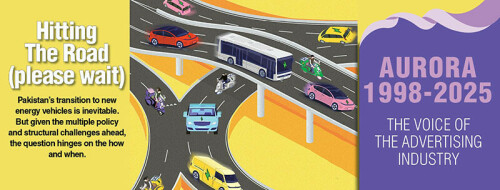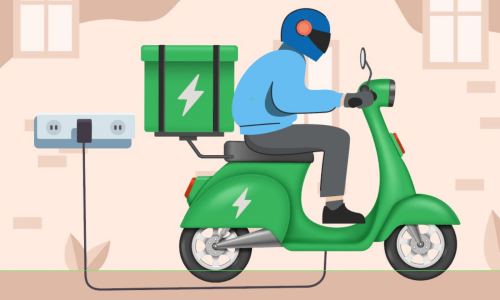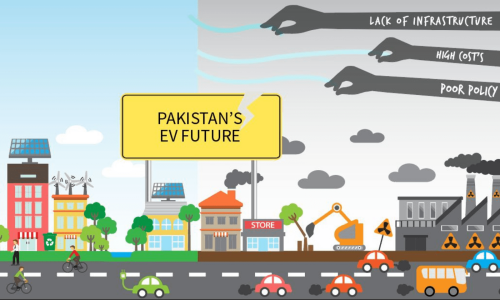Keeping a Tight Lid on Auto Financing
Historically, auto financing has been a function of low interest rates. As interest rates reduce, a spike is often seen in the volumes associated with auto financing. However, over the last three years, there has been a lull in auto financing due to interest rates in excess of 20%, making it unfeasible to purchase a car through financing. More importantly, in Pakistan, prices of automobiles are largely linked to the strength of the rupee against the US dollar. In the last five years, the rupee has lost more than 150% of its value against the dollar, resulting in a corresponding increase in the price of cars. As the raw materials for car manufacturing is imported, with very little value added locally, the State Bank of Pakistan (SBP) has also imposed stringent limits on auto financing to dampen demand to avoid further depreciation of the rupee.
Limits on auto financing continue to exist, given the delicate balance Pakistan has to strike between the demand and supply of dollars – any excess demand inevitably results in depreciating the rupee, resulting in inflation across the board. In fact, as Pakistan continues to grapple with low growth while trying to avoid a balance of payments crisis driven by excess imports, consumption-oriented imports such as automobiles are expected to remain suppressed.
Over the last 18 months, Chinese auto manufacturers have surged and expanded their market share worldwide. These manufacturers, through sheer economies of scale and reliance on technology, have been able to mass-produce electric vehicles (EVs) and expand their production facilities across the world. We see a similar phenomenon in Pakistan, where a large number of Chinese auto manufacturers are selling their cars either through direct imports or by establishing a manufacturing presence in the country. This has upset the traditional dominance of Japanese car manufacturers, whose complacency is exhibited by producing third-tier quality cars in the country – lacking any safety features; cars that they may not even be allowed to sell in Japan. Chinese auto manufacturers have now seized the opportunity and are offering Pakistani car buyers more variety and better features. The next decade will exhibit the sheer dominance of Chinese technology, which may make Japanese and even Korean automobile manufacturers irrelevant as they scamper for market share.

The automobile landscape in Pakistan is evolving. However, given our state of economic evolution, do we even need more cars? Does it make sense to simply be an assembler of automobiles through a mix of protectionist policies that benefit one producer or another? An industry’s ability to compete is a function of its ability to export and compete on a global level, and until Pakistan is able to do this, automobile assembly will continue to be a drain on foreign exchange reserves.
As for the financing landscape, it continues to depend on the level of interest rates, and we may not see any significant drop in these unless they decline in dollar terms. Any adventures with an expansionary monetary policy that leads to a significant reduction in interest rates would spell disaster and lead to further depreciation of the rupee and runaway inflation across the board. In this context, limits imposed on auto financing will continue to exist to avoid a sudden surge in demand through auto financing.
EVs are still in their infancy, and it will take a few calendar quarters of iteration before consumer demand picks up – and it will be driven by the availability of a charging or battery-swapping infrastructure.
The automobile market is changing globally, primarily driven by technology. Similar trends are also visible locally – and at this point it is difficult to assess which brand or type of automobile may eventually dominate. However, it remains clear that any financing will be driven by macroeconomic factors – and any consumption-oriented surge in demand will not bode well for the economy in the short term.
Ammar H. Khan is a macroeconomist. ammar.habib@gmail.com




Comments (0) Closed